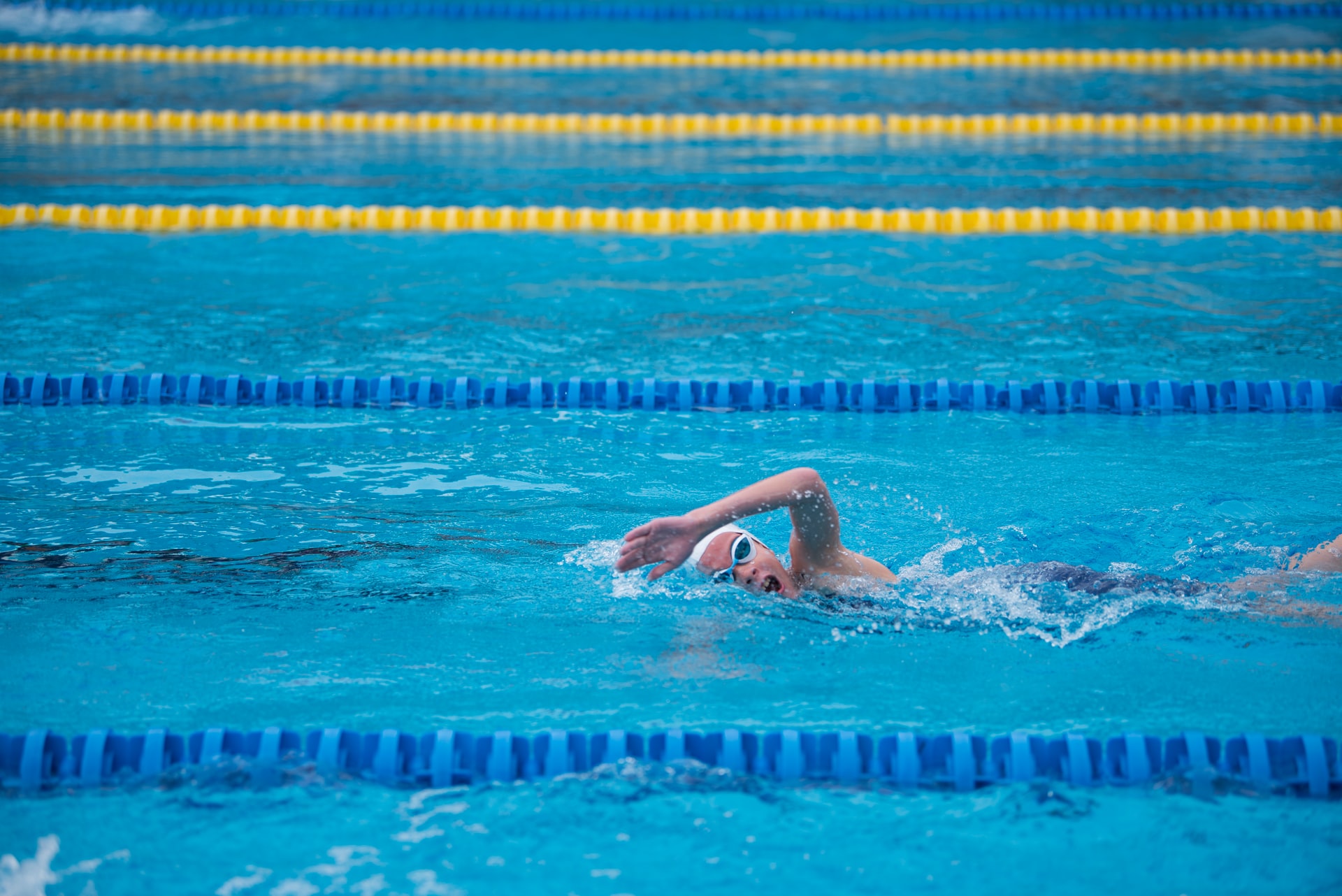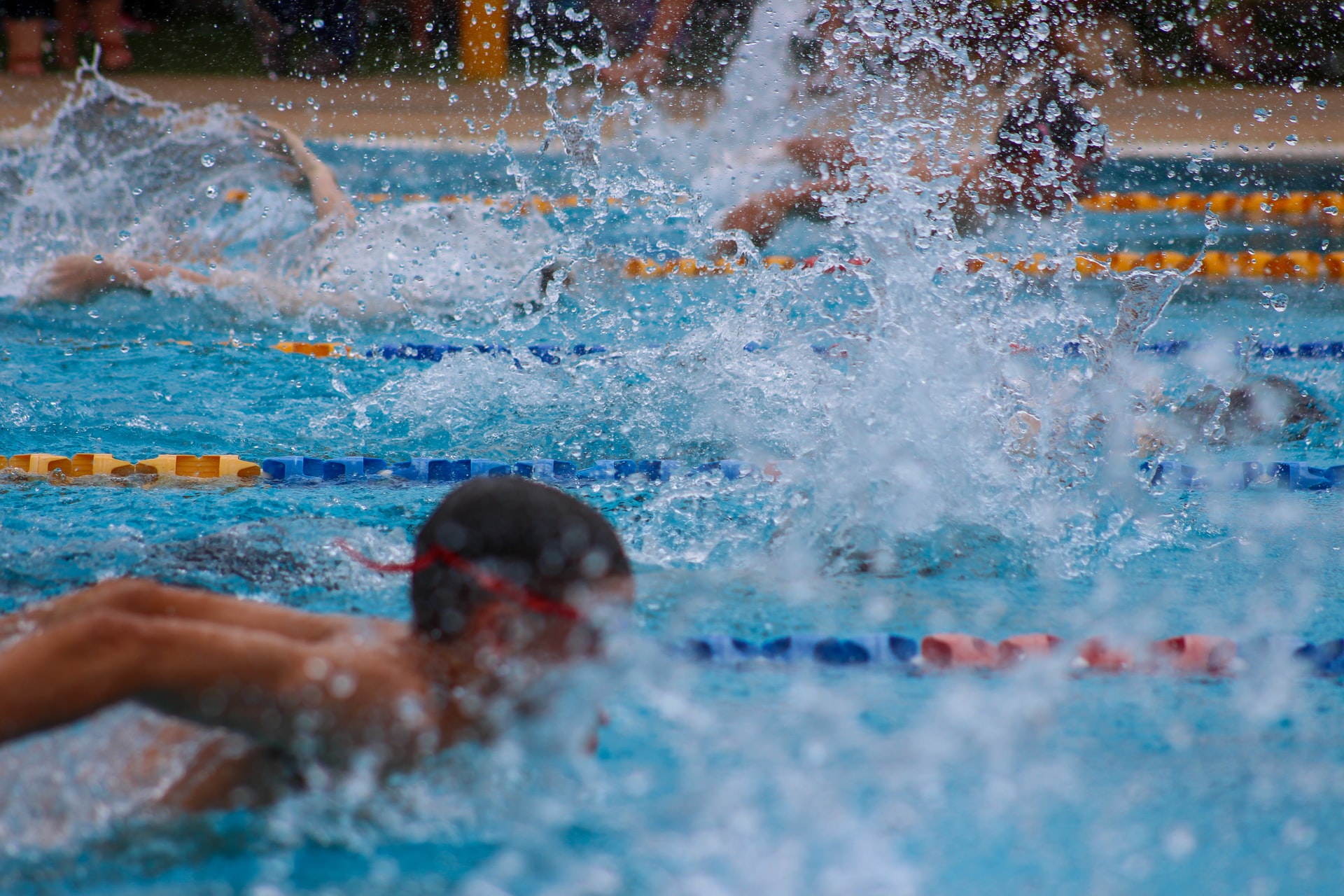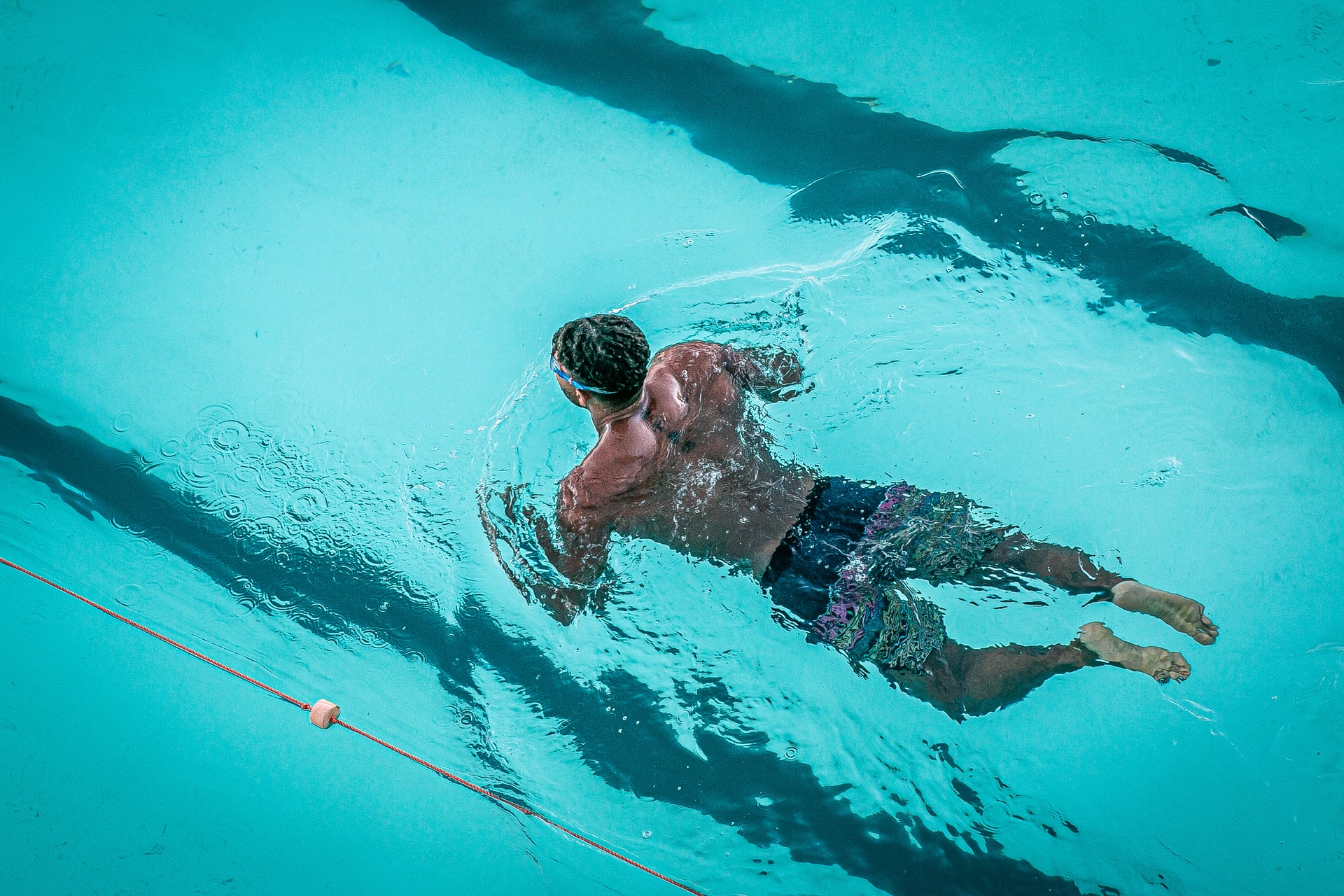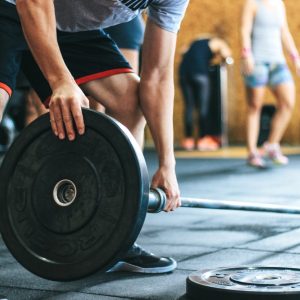Many coaches begin their careers in the same way. They are young and eager to conquer the world, believing that they have the “secret” to winning. They are soon tripped up by something, and eventually, they fall back to the earth.
The question is, how can a coach become a better swimmer coach? Many people mistakenly believe that social media is “continuing education”. However, if you compare the amount of time spent with the solid ideas that result, the return on investment is quite poor.
That’s what’s interesting. It’s often the things that coaches can learn from other coaches. These are the posts that you don’t usually see. People use social media for their highlights and not their biggest mistakes.
How can you improve your skills by learning from other coaches?
It is possible to just try to talk with other coaches during sessions at meets or between heats when your swimmer is being watched. There have been many great conversations on the pool deck. This environment is not conducive to coaching.
RITTER Sports Performance Condo private lessons believe mentorship is the best way to help coaches improve and learn. This is why Paul Yetter now belongs to the RITTER Team.
Paul is an excellent example of how mentoring can accelerate your career as a coach. Paul has had many mentors in his coaching career, including Bob Bowman, the renowned coach of Michael Phelps.
Paul says, “I have been blessed to have the opportunity to learn from many coaches throughout my coaching career. And I’m not just thankful but also acutely aware that without these opportunities, I wouldn’t feel as competent as I am today as a coach.”
Paul’s experiences are what drives his passion to lead the new Mentorship program, which is part of The Hive powered with RITTER. This program is an opportunity for coaches to meet other coaches who are motivated to improve their skills and learn from each other.
 Paul’s strength is his ability to allow other coaches to learn from his failures and successes, as well as the lessons he learned from his mentors over time. These are some of the lessons he has learned from mentoring:
Paul’s strength is his ability to allow other coaches to learn from his failures and successes, as well as the lessons he learned from his mentors over time. These are some of the lessons he has learned from mentoring:
1) Great coaches make it easy for athletes and members of their coaching staff to follow instructions.
Cue words and repetition of them during training are a great way to instruct skills, teach team culture and motivate athletes. The coach should be able to take brief breaks between sets and give clear instructions to keep the athletes on the track.
2) Great coaches are aware of how people learn in coaching or instructing.
If the primary lesson is not effective, find alternative methods to teach the athlete. You can use cues that adapt to the learning style of each athlete. It may be easier to use visual cues, but another athlete may need to perform the same movements in order to learn the skill. Only a few athletes will be able simply to hear the instructions and then execute the concept.
3) Great coaches are able to look within themselves to find solutions to problems.
There are often multiple ways to solve a problem.
“Over the years, I have found that working within my own coaching staff is the best way to improve our squads. This has been a great learning experience for me. It’s been incredible to see the results of working with coaches online as well as on my own pool deck,” Paul stated, describing his experience with the Mentorship program and the ongoing development he has with his staff.
“I have been able both to help these coaches and gain knowledge through the exchange of our conversations. These new skills and knowledge have been applied to my own team of NBAC’s up-and-coming players.
Paul and the mentors are learning together. These are Paul’s reflections after The Hive’s first Mentorship Program.
1) I have my own ideas, but I have also learned many strategies and concepts from speaking with coaches over the past few years. I have applied these to my NBAC program. This is what I call the “mentorship-learning cycle”. Mentors who are open to learning can reap the benefits of what they have done.
2) I noticed recently that coaches who only take one piece of advice from another coach are more likely to get two additional ideas during the following week in the Mentorship program in The Hive. The mentorship group has seen future breakthroughs thanks to the synergy formed during discussions.
3) Coaching is a lot of fun. It’s engaging and fun to chat with other coaches about the unique job we do. After spending an hour with five to ten coaches, I have had many great practices with my athletes. I don’t think I’m the only one.
 “We aim to create a network of coaches whose #1 goal is to grow and learn throughout their coaching careers.” “I’m confident that we can create an environment where coaches around the world can improve their skills and help others by leveraging technology,” Chris Ritter, CEO at RITTER Sports Performance said about the Mentorship Program.
“We aim to create a network of coaches whose #1 goal is to grow and learn throughout their coaching careers.” “I’m confident that we can create an environment where coaches around the world can improve their skills and help others by leveraging technology,” Chris Ritter, CEO at RITTER Sports Performance said about the Mentorship Program.
Don’t try to be like other successful coaches. Instead, you will learn from mentorship relationships the principles you can apply to your particular situation and your personality.
Listen to the Swim Coaches Base Podcast on Apple, Spotify, Google SoundCloud, SoundCloud, or Stitcher. Chris and Paul discuss the Mentorship Program in more detail. This program will also be available on RITTER’s social media channels, including Instagram and Facebook.
Although you can join The Hive anytime, the deadline to participate in the Mentorship Program for this year is Friday, September 13. The next group will start after that. Do not miss this great chance to grow and learn with other coaches in the upcoming season.





